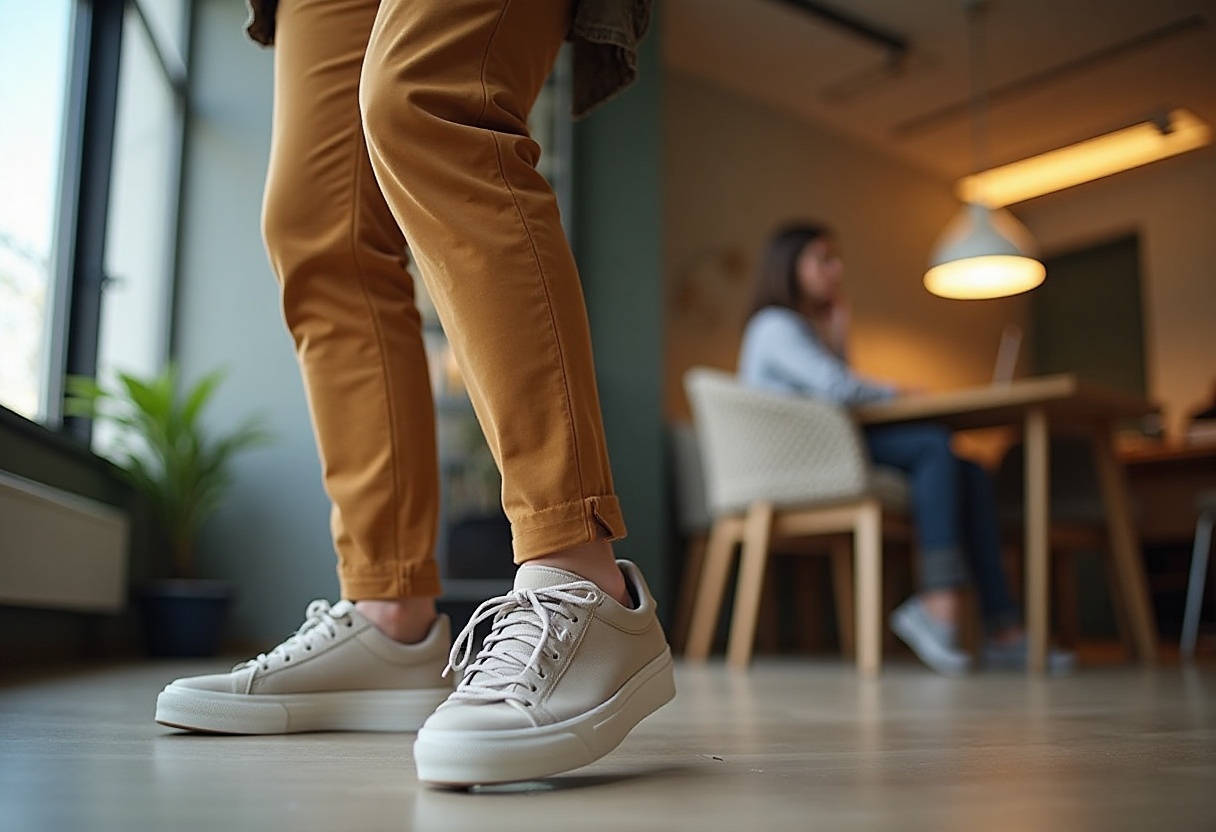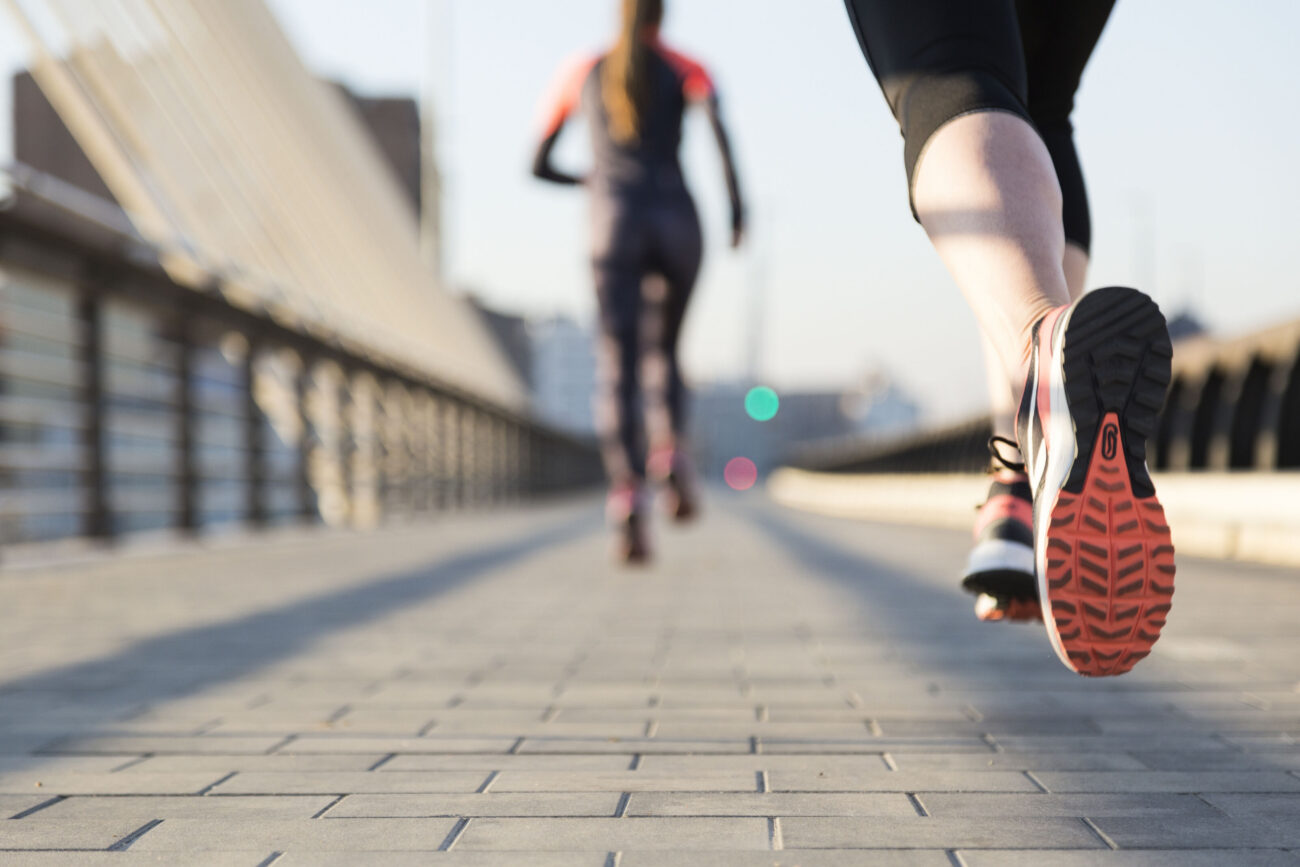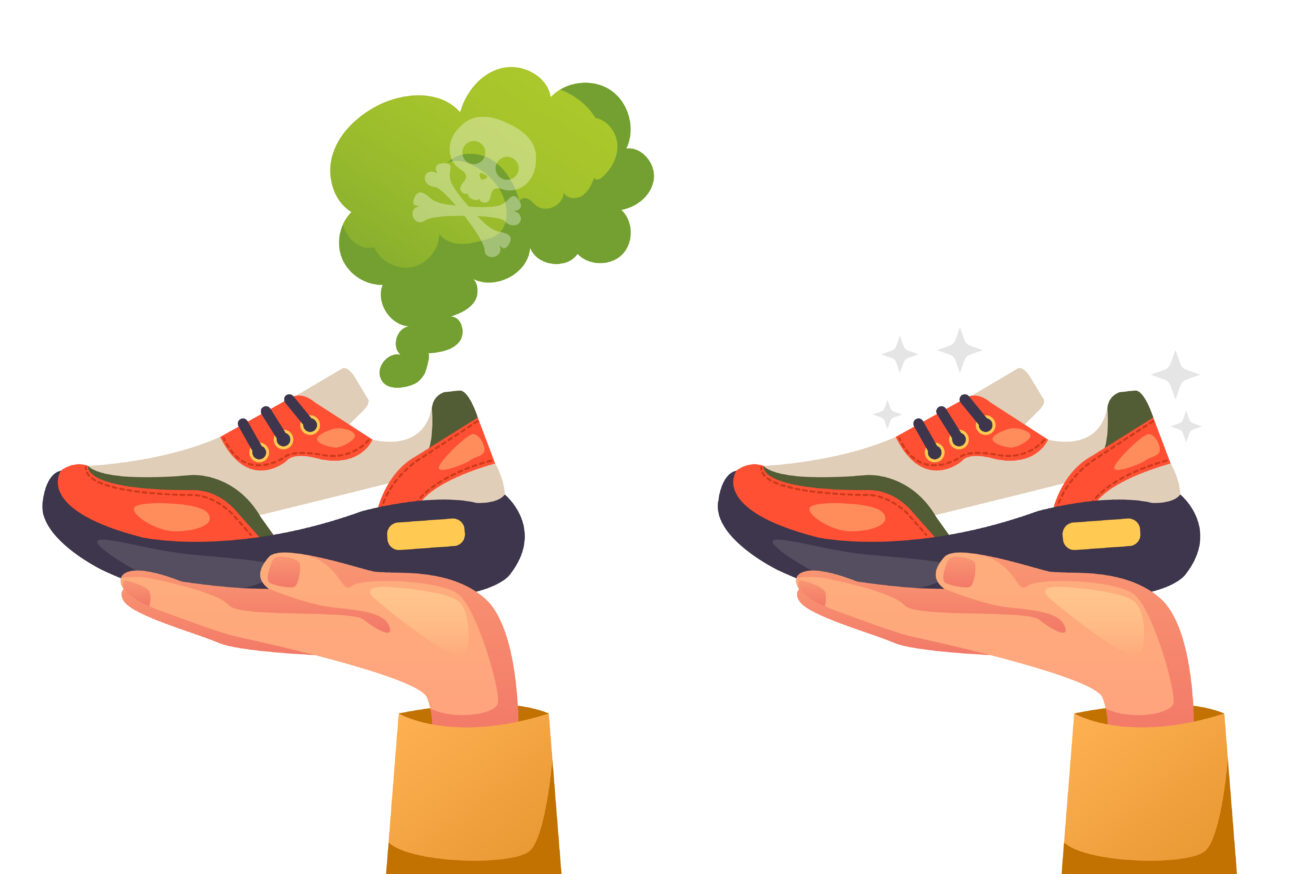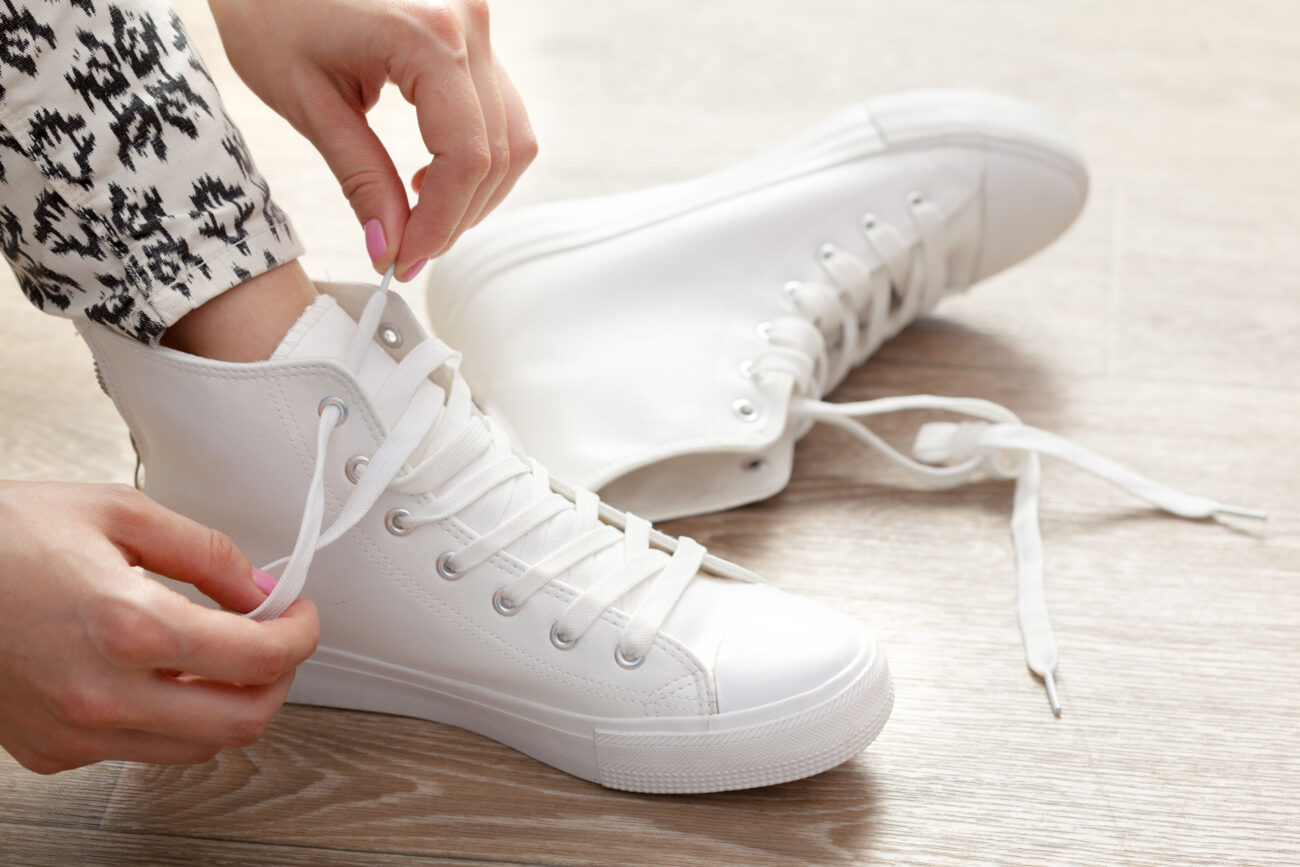Thinking of wearing secondhand sneakers to work but not sure if it’s appropriate? Whether you’re trying to cut costs, make a sustainable fashion choice, or find a rare pair that suits your office style, buying used sneakers for work is becoming more common. This guide explores the pros and cons, how to choose the right pair, and the best alternatives if you’re leaning toward brand-new options. Let’s dive into whether secondhand sneakers can be a smart fit for your professional life.
Why Do People Buy Used Sneakers?
Budget-Friendly Fashion
One of the main reasons people opt for secondhand sneakers is the price. You can often get high-end shoes from brands like Nike, New Balance, and Adidas for 50% to 80% less than retail. Whether you’re dressing for work or running errands, scoring stylish shoes without breaking the bank is a major plus.
Access to Rare and Limited-Edition Models
Pre-owned markets are treasure troves for collectors and enthusiasts. Want a pair of Yeezys or Jordans from a past drop? Resale platforms offer exclusive finds, including trendy sneakers no longer available in stores.
Sustainability and Ethical Choice
Buying used supports circular fashion. Instead of contributing to landfill waste or the demand for new manufacturing, secondhand shopping extends the life of existing products. It’s a simple but powerful way to reduce your carbon footprint.
Faster Break-In Period
Most used sneakers are already broken in, which means fewer blisters and discomfort during the first wear. For professionals who are on their feet all day, this can make a real difference in comfort and productivity.
Benefits of Purchasing Secondhand Sneakers for Work
Serious Savings Without Compromising Quality
Used doesn’t mean damaged. Many secondhand sneakers are labelled VNDS (Very Near Deadstock), meaning they’ve barely been worn. You get quality craftsmanship and stylish design for a fraction of the cost.
Comfort Straight Out of the Box
For those working long shifts, comfort is key. Pre-worn sneakers adapt to your feet faster, often providing better immediate comfort than stiff, brand-new pairs.
Eco-Conscious Choice
Wearing used sneakers helps reduce demand for raw materials and industrial production. Every reused pair reduces carbon emissions, water usage, and chemical waste associated with making new shoes.
Stylish and Unique
Secondhand doesn’t mean outdated. With a bit of browsing, you can find stylish, office-appropriate models that align with your look. If you work in a creative or casual environment, a unique pair of pre-loved sneakers can even be a conversation starter.
Drawbacks to Purchasing Used Sneakers for Work
Hygiene Concerns
Used sneakers may carry bacteria, fungi, or odours. It’s essential to sanitise them thoroughly—think sneaker cleaner, baking soda, disinfectant sprays, and insoles replacement.
Reduced Lifespan
Even if the sneakers look good on the outside, internal wear (like worn-out cushioning or insole flattening) may affect long-term comfort and support.
Inconsistent Fit or Structure
Shoes mould to the original owner’s feet. This can sometimes lead to discomfort, especially if the arch support or shape has shifted. Always try them on or ensure the platform allows returns.
Dress Code Limitations
Some workplaces have strict dress codes. Even clean, neutral-toned secondhand sneakers might be considered too informal. Always consider your company’s expectations before wearing sneakers to the office.
How to Pick the Correct Used Sneakers for the Office
Stick to Neutral, Clean Styles
Black, grey, white, or beige sneakers are safest for most professional settings. Minimal logos and a clean silhouette help maintain a polished look.
Prioritise Comfort and Structure
Look for models known for ergonomic design like New Balance 990s or Nike React. Check for heel wear, insole damage, and sole integrity. If arch support is lacking, consider inserting your own orthotics.
Research the Seller
Always buy from reputable sources. Platforms like GOAT, StockX, and eBay offer authenticity guarantees, condition grading, and return policies. Be wary of local marketplaces with no buyer protection.
Sanitise Thoroughly Before Wearing
Use antibacterial sprays, UV sanitisers, or professional sneaker cleaning kits. Replace the insoles if needed, and let them air dry completely before wearing.
Match the Work Environment
Not all offices are created equal. While some startups or creative agencies welcome stylish sneakers, others (like law firms or corporate environments) might not. Understand your company culture before making a choice.
Best Alternative: New Work Sneakers From Soleheaven
If you’re not quite comfortable buying used or want peace of mind, Soleheaven has a curated collection of new sneakers ideal for professional settings.
Nike Dunk Low Bone Tan W
This sneaker blends classic style with premium leather, offering a polished, subtle aesthetic. Perfect for smart-casual office attire.
New Balance 2002R Protection Pack
Designed for long hours on your feet, this model offers excellent arch support, shock absorption, and all-day comfort ideal for active professionals.
New Balance 550 Au Lait W
Retro charm meets work-appropriate design. Its durable sole and soft cushioning make it a strong choice for both style and function.
Frequently Asked Questions
You’re considering secondhand sneakers, right? They’re cost-effective and eco-friendly, but remember to clean them thoroughly. Pre-broken comfort is a plus, though some styles might not suit all workplaces. Weigh these factors before making your decision.
When you buy second-hand shoes, ensure they’re properly sanitized to avoid bacteria and fungi. Inspect them for damage to maintain comfort and hygiene. Choose reputable resale sites to reduce risks and ensure your purchase is safe.
You can catch bacteria or fungi from second-hand shoes if they’re not properly sanitized. Clean them thoroughly with disinfectants to minimize health risks like foot infections or odors. Always inspect for damage that might affect comfort.
You might wonder if wearing sneakers to work seems unprofessional. It really depends on your workplace culture. In relaxed environments, clean, neutral sneakers are usually fine, but traditional offices might expect more formal footwear. Always check your company’s dress code.








Leave a comment